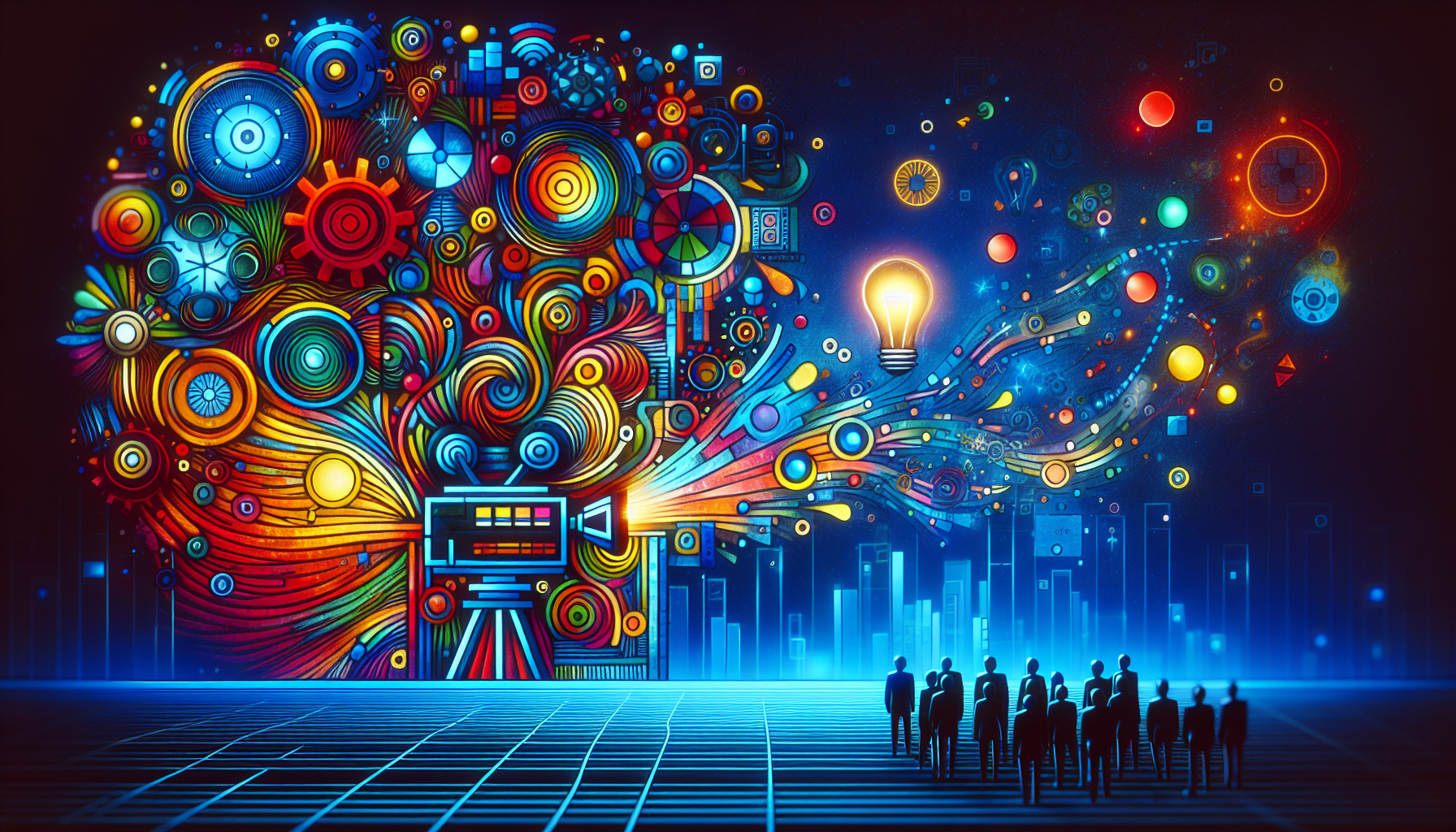
A New Era for Hollywood Workers
Hollywood workers are no strangers to innovation, but the rise of AI has brought a whole new dimension to their creative arsenals. Editors and voice actors are among those who have embraced AI technologies, using these advanced tools to refine storytelling and manage workloads more ethically and efficiently. As Hollywood’s production gears keep turning, AI is slowly becoming the intern that never sleeps, the assistant with endless patience, and the meticulous technician always available at a moment’s notice.
Labor Agreements Get an AI Upgrade
The International Alliance of Theatrical Stage Employees (IATSE) has made headlines with its recent three-year agreement with major studios, offering AI protections to safeguard its members. The clause ensuring that no staff is required to give AI prompts that might replace other employees is a much-needed reassurance. It’s a clever move that ensures the spotlight stays on the humans who pour their heart and soul into every frame and scene.
The Impact on Creative Roles
From animation to voice acting, AI’s role is evolving at pace, reshaping how creative workers approach their crafts. With AI in the mix, everyone from storyboard artists to game developers must recalibrate their skillsets to work in tandem with a slew of new software companions. It’s a dynamic duet, with each party finding harmony between man and machine in story-driven symphonies.
Ethics in the AI Age
Integrating AI into entertainment isn’t without its ethical conundrums. The holy trinity of consent, control, and compensation is critical when using AI to mimic the styles of actors and writers. It’s the moral line in the silicon sand, ensuring that AI’s marvels are employed with due respect to those whose talent it emulates. Let’s keep our eye (and circuitry) on this triumvirate to maintain a fair and just digital sphere.
A Resistance Fights Back
Not everyone is rolling out the red carpet for AI. Writers, actors, and behind-the-scenes professionals have voiced concerns about AI’s potential to displace human talent. Their resistance isn’t about the existence of AI itself, but about the looming menace of studios deploying AI to automate jobs indiscriminately, putting beloved roles at risk. Fear not, though, as this resistance builds the case for legislative and union interventions, preserving the crafts nurtured over decades of human endeavor.
The Yin and Yang of AI Integration
Although AI poses some challenges to the filmmaking ethos of subjectivity, nuance, and spontaneity, there is also the promise of new creative opportunities. AI can handle the tedious tasks, freeing creative minds to engage with more profound storytelling elements. This evolution could birth new industry roles, alongside protections like wage increases and benefits secured by IATSE.
In this brave new world, AI can be both a threat and an ally. It promises streamlined productions while simultaneously necessitating safeguards for the tradition of human labor and creativity. As the debate around AI continues, it’s clear that a balanced path forward hinges on integrating AI’s capabilities while respecting the irreplaceable essence of human contribution.






